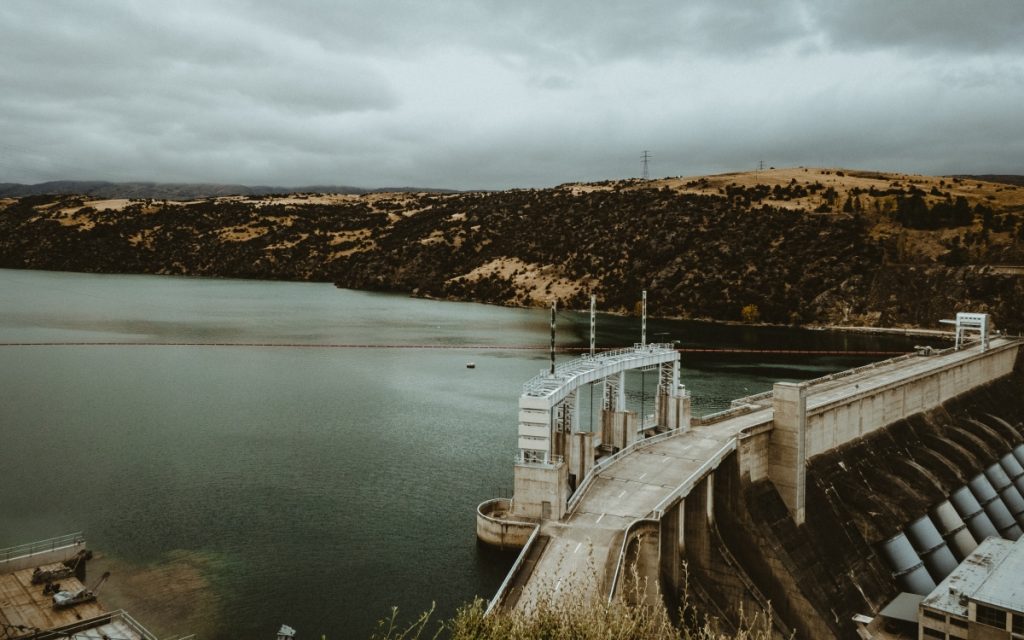Pakizer, K.*, Lieberherr, E. “Alternative Governance Arrangements for Modular Water Infrastructure: a Systematic Review”
The paper “Alternative Governance Arrangements for Modular Water Infrastructure: a Systematic Review” (Pakizer, K.*, Lieberherr, E. ) will be presented at the 7th Conference on the Regulation of Infrastructures (21-22June, 2018).
ABSTRACT
This paper provides an overview of the alternative governance arrangements for modular and decentralized systems in the urban water sector. The aim is to shed light on how these arrangements work in terms of the policy instruments in use, their organizational structure and underlying mechanisms. The article starts out by highlighting the need for alternative governance arrangements supporting the implementation of modular water systems. We then develop an analytical framework to be able to systematically investigate publications dealing with alternative arrangements for innovative technologies, which we then identify through a literature review. We analyze the functionality of the alternatives by applying grounded theory and in particular theoretical sampling, allowing us to identify publications that have a high explanatory power for the framework. The preliminary results highlight the importance of state involvement to ensure public and environmental health in the context of modular and decentralized water infrastructures. The findings also suggest that in order to gain public acceptance for new water systems additional accountability mechanisms might become necessary, such as answerability toward citizens and consumers. Moreover, the analysis shows that economic efficiency plays a key role and that this could be achieved in the context of flexible solutions that do not economically burden the municipalities or that lead to lower costs than retrofitting centralized systems. This goal seems to be best addressed by policy instrument mixes, involving formal and informal measures.
ABOUT THE AUTHORS
Katrin Pakizer was born in Berlin (Germany) in 1988. She earned her Bachelor’s degree in Communication Studies and Social Sciences at the University of Erfurt and she completed two Masters in Political Science and Peace Research & Security Studies at the Friedrich-Schiller University Jena and the University of Hamburg. Katrin is a part of the research group Natural Resource Policy Group (NARP) at ETH Zurich and a PhD candidate in the COMIX project (Challenges and Opportunities of Modular water Infrastructures for Greening the Swiss Economy), funded by the Swiss National Science Foundation (SNSF) as part of the National Research Program 73 (NRP 73) “Sustainable Economy”. Her current research focuses on alternative governance arrangements for the implementation of modular infrastructure in the urban water sector.
* presenting author






